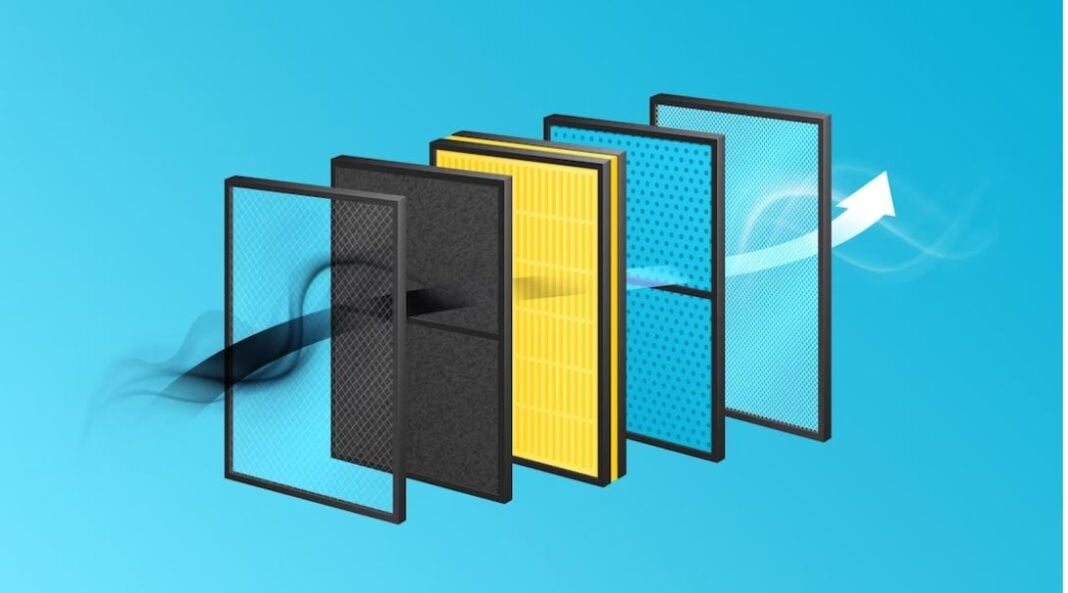Indoor air pollution is a silent threat that often goes unnoticed, yet it can have a significant impact on our health and well-being. From cooking fumes to dust and allergens, the air we breathe indoors can be laden with various pollutants. In this article, we’ll explore the hidden dangers of indoor air pollution and discuss how filters can play a crucial role in creating a healthier indoor environment for you and your loved ones.
Looking for a 20x25x5 air filter for your HVAC system? Click the link for the best quality source..
Understanding Indoor Air Pollution
Indoor air pollution refers to the presence of harmful particles and gases within our living spaces. These pollutants can originate from various sources such as cooking, cleaning products, tobacco smoke, and even building materials. Over time, these pollutants accumulate and can lead to a range of health problems, including respiratory issues, allergies, and even more severe conditions like asthma and lung diseases.
The Hidden Dangers
- Respiratory Problems: Poor indoor air quality can exacerbate existing respiratory conditions and trigger allergies. Dust mites, pet dander, and mold spores are common culprits that can cause sneezing, coughing, and shortness of breath.
- Chemical Exposure: Household products like air fresheners and cleaning agents release volatile organic compounds (VOCs) into the air. Prolonged exposure to these chemicals can result in headaches, dizziness, and in some cases, more serious health issues.
- Increased Asthma Risk: Children growing up in homes with poor indoor air quality are at a higher risk of developing asthma. Additionally, for individuals already diagnosed with asthma, polluted indoor air can trigger frequent attacks.
The Role of Filters
Air filters act as the first line of defence against indoor air pollution. They are designed to capture and trap particles, allergens, and pollutants, preventing them from circulating in the air we breathe. There are different types of filters available, each with specific capabilities:
- Mechanical Filters: These filters use fine mesh to physically trap larger particles like dust, pollen, and pet dander. They are effective at improving overall air quality and are commonly found in HVAC systems.
- Activated Carbon Filters: These filters are excellent at adsorbing odors, smoke, and chemicals. They contain a special type of carbon that can attract and trap these molecules, leaving the air fresher.
- HEPA Filters: High Efficiency Particulate Air (HEPA) filters are renowned for their ability to capture 99.97% of particles as small as 0.3 microns. They are particularly effective against fine particles and are recommended for allergy sufferers.
Benefits of Using Filters
- Healthier Indoor Environment: By removing pollutants and allergens, filters create a cleaner and safer indoor environment, reducing the risk of respiratory problems and other health issues.
- Improved Sleep Quality: Breathing clean air while sleeping can lead to better sleep quality, leaving you refreshed and energized in the morning.
- Long-term Savings: Investing in good air filters can prolong the lifespan of your HVAC system by preventing dust and debris from clogging it. This can result in lower maintenance costs and increased energy efficiency.
Maintenance and Considerations
To reap the full benefits of air filters, proper maintenance is essential:
- Regular Replacement: Filters should be replaced according to manufacturer recommendations. Neglecting this can reduce their effectiveness over time.
- Proper Sizing: Ensure you choose the right filter size for your HVAC system to ensure optimal performance.
Conclusion
Indoor air pollution is a serious concern that can impact our health and well-being in subtle yet significant ways. By understanding the hidden dangers and investing in quality air filters, you can create a healthier indoor environment for yourself and your family. Remember, the air we breathe matters, and taking steps to improve its quality is a step towards a better life.



